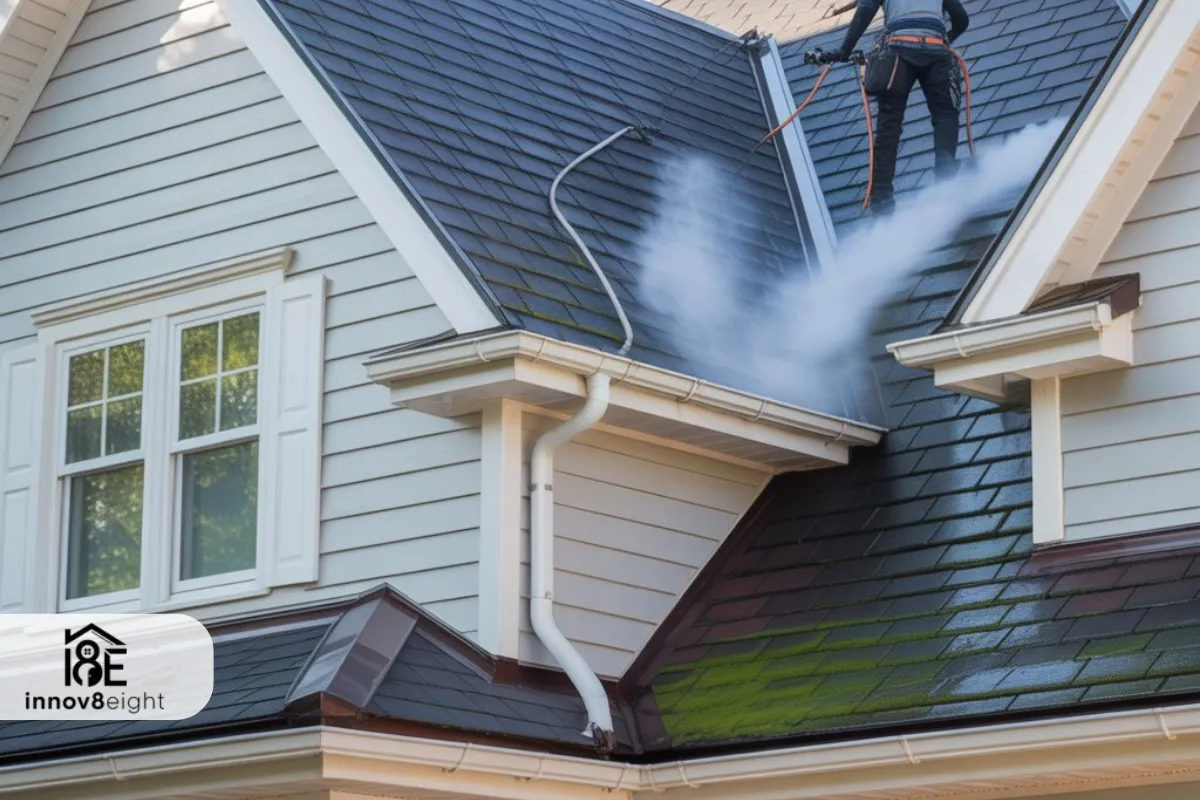If you’re a homeowner in California planning a renovation or hiring someone to help with repairs, you’ve likely heard something about contractor licensing requirements. One term that often creates confusion is the California home improvement unlicensed contractor limit. What is it, how does it affect you, and why is it so important?
In this article, we’ll break down exactly what the unlicensed contractor limit means, how it protects both homeowners and professionals, and the legal risks of ignoring it—whether you’re a contractor or a client.
Understanding the Unlicensed Contractor Limit in California
The California Contractors State License Board (CSLB) enforces strict rules to protect consumers and maintain construction quality across the state. One of the key regulations is the $500 limit for unlicensed contractors.
So, What Does the $500 Limit Mean?
Under California Business and Professions Code § 7048, an individual cannot legally perform construction work that exceeds $500 in labor and materials unless they are licensed by the CSLB.
This $500 threshold is not per day, per task, or per person—it applies to the total cost of a single job, including:
- Materials
- Labor (even your own if you’re a sole proprietor)
- Rentals
- Tools used on-site
If a job exceeds $500 and the individual or business performing it is not licensed, it’s considered illegal contracting.
Why This Law Exists: Protecting Homeowners and Workers
The California home improvement unlicensed contractor limit exists to protect all parties involved:
For Homeowners:
- Prevents fraud and poor workmanship by ensuring contractors meet minimum education, experience, and insurance standards.
- Provides legal recourse if something goes wrong.
- Ensures proper permits and inspections are obtained for large projects.
For Licensed Contractors:
- Levels the playing field by stopping unlicensed individuals from underbidding using cheap materials or unpaid labor.
- Protects public reputation of the home improvement industry.
What Happens If You Hire an Unlicensed Contractor Over the Limit?
Unfortunately, many homeowners—especially those trying to save money—unknowingly violate the rule by hiring someone for a job that ends up costing more than $500.
Here’s what can go wrong:
1. You Lose Legal Protection
If an unlicensed contractor damages your property or doesn’t complete the job, you have limited options to recover your losses in civil court.
2. Liability Falls on You
If the contractor is injured while working on your property and doesn’t have workers’ comp insurance (which unlicensed workers rarely do), you could be held liable for medical bills or lost wages.
3. Code Violations & Fines
Work performed by unlicensed contractors often skips permits and inspections. If the city finds out, you could face fines, stop-work orders, or forced removal of the unpermitted construction.
How Unlicensed Contractors Skirt the $500 Limit
Many unlicensed contractors try to work around the law by:
- Splitting the job into multiple contracts, each under $500 (illegal and still considered one project).
- Asking homeowners to buy materials, falsely claiming labor is under $500.
- Avoiding written contracts, which leaves clients without legal evidence.
If you’re approached with any of these tactics—walk away.
How to Verify a Contractor’s License in California
Before hiring anyone for home improvement work, always verify their license using the CSLB’s online license search tool.
Here’s how:
- Visit https://www.cslb.ca.gov
- Click “Check a Contractor License”
- Enter the contractor’s name, license number, or business name
- Review:
- License status (Active/Inactive/Revoked)
- Bond status
- Workers’ comp insurance
- Classification (e.g., General Building Contractor vs. Specialty Contractor)
- License status (Active/Inactive/Revoked)
You can also call the CSLB at 1-800-321-CSLB (2752) for assistance.
When You Don’t Need a Licensed Contractor
There are a few limited situations where the $500 rule doesn’t apply, such as:
- Minor handyperson tasks like installing a ceiling fan or fixing a broken fence
- Jobs under $500 total, including materials and labor
- Non-structural work like painting a small room or patching drywall
But remember—even handymen must be licensed if the total job cost exceeds $500, regardless of how simple the work seems.
The Penalty for Working Without a License in California
For unlicensed contractors, the risks are steep:
- First Offense: Misdemeanor + fines up to $5,000 + potential jail time
- Subsequent Offenses: Higher fines, longer jail time, and potential felony charges if operating under a false license
- Civil Suits: Contractors cannot legally sue for unpaid labor if they’re unlicensed—even if the homeowner agreed to the job
Tips for Homeowners Hiring Contractors in California
To protect yourself:
- Never pay cash only — always keep records
- Get at least 3 written bids to compare
- Ensure contracts are signed and detailed (work scope, materials, total cost, timeline)
- Ask for proof of license and insurance
- Avoid “off-the-books” deals—these often backfire

FAQs About the California Home Improvement Unlicensed Contractor Limit
What if I supply all the materials—can an unlicensed contractor still do the work?
No. The $500 limit includes the value of materials—even if you buy them yourself. Labor-only services are still counted toward the total.
Can I break my project into parts to stay under $500?
No. The CSLB considers this an illegal attempt to circumvent the law. If multiple phases serve one overall project, it counts as one job.
What happens if a contractor starts a job under $500 and it goes over?
Once the total cost exceeds $500, the work becomes illegal for an unlicensed individual. Both the contractor and homeowner could face penalties.
Can a handyman do work over $500 if I trust them?
No. Regardless of experience, anyone performing construction or improvement work over $500 in California must be licensed.
Final Thoughts
The California home improvement unlicensed contractor limit is more than just a number—it’s a line drawn to protect you, your property, and the integrity of the construction industry. While it may be tempting to hire someone offering “cheap work,” the legal, financial, and safety risks just aren’t worth it.
Whether you’re planning a bathroom remodel, new deck, or simple repair, always work with licensed professionals. Your investment—and your peace of mind—depends on it.













